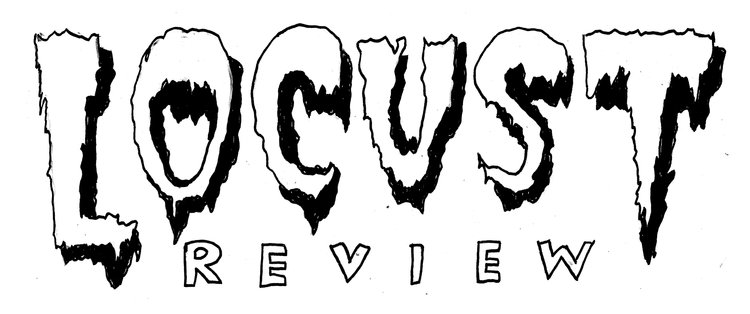There was no silver here, nor gold, nor copper. There was little more than the occasional trickle of dank, green liquid oozing down the walls or across the uneven floor of the mineshaft. Still, they were sent down to dig. These were the boss’s orders as communicated to the men by the foreman – a Mr. Fletsch of New England. A thin man with heavy black eyes and skin like curdled milk. He was always damp from sweat, even at night when snow, in recent weeks, would fall. The Yankee origins of Fletsch got the men to speculating about the identity of the boss. To no avail. The boss remained unknown. And as to why the men would get up at all hours and break their backs? Theories were traded, followed by arguments, and then insults until, burned out, the bunkhouse would descend into the squelching sounds of sleep.
One day Fletsch emerged from his private quarters dripping more than usual – though his ill-fitting black suit was completely dry – and declared the men were getting close to their goal. That the boss wanted them working around the clock so as to have the mine closed up before the snow buried them and made the canyon impassable. The men became restless, but before they could become unruly, Fletsch raised his hand – and afterward the men swore they could see through it, could see a cloud pass behind it – and said the man who reaches the destination first would receive triple wages.
So they worked. Next day there was a crunching sound at the end of the shaft and afterward MacIntyre was nowhere to be found. This event repeated the following day when Zombrowski, hammering at rocks with arms like tree trunks, saw a light – saw colors he could not describe. He felt a blackness pool at his feet and enter him. He felt his mouth fill with lichen. No one saw this. No one saw Zambrowski again. Then there was Salazar and Zhang and Duchamp. Of this group was found only a forearm of uncertain provenance, but mangled as if ripped from a body.
There was no sign of an end. Still, the men – those who were left – tunneled deeper. They started at every shadow and noise. They took to carrying knives and Left Eye – called thus on account of the patch affixed to his right eye – suggested a rotating watch be determined and equipped with his Winchester. The Winchester disappeared. Left Eye was found lying in his bed with a gash across his throat. The men argued. They threatened. Bill Bailey, drunk, even went pounding on Fletsch’s door one night. Saying he’d seen something at the mouth of the mine. Saying he knew and if this goddam door wasn’t opened this instant he’d smash it in and he wouldn’t stop smashing things in until Fletsch himself was a pink satin smear across the floor. When the door remained closed, Bill Bailey went marching toward the mine and did not return.
This went on for some weeks – men disappearing one by one – until it was just Bill Hinky and Joe Gunnerson left. They took alternating twelve hour shifts and on that night snow was falling heavy and Hinky was waiting at the mine entrance to relieve Gunnerson – who was late, far too late, in coming – when Fletsch emerged from the pitch black tunnel, out of breath and sweating and told him the work was finished and that they ought to descend the mine one last time to survey the longed-for deposit.
Joe down there? asked Hinky.
Yes, said Fletsch. The boss is, too.
The boss is down below – and he wants to see you.


